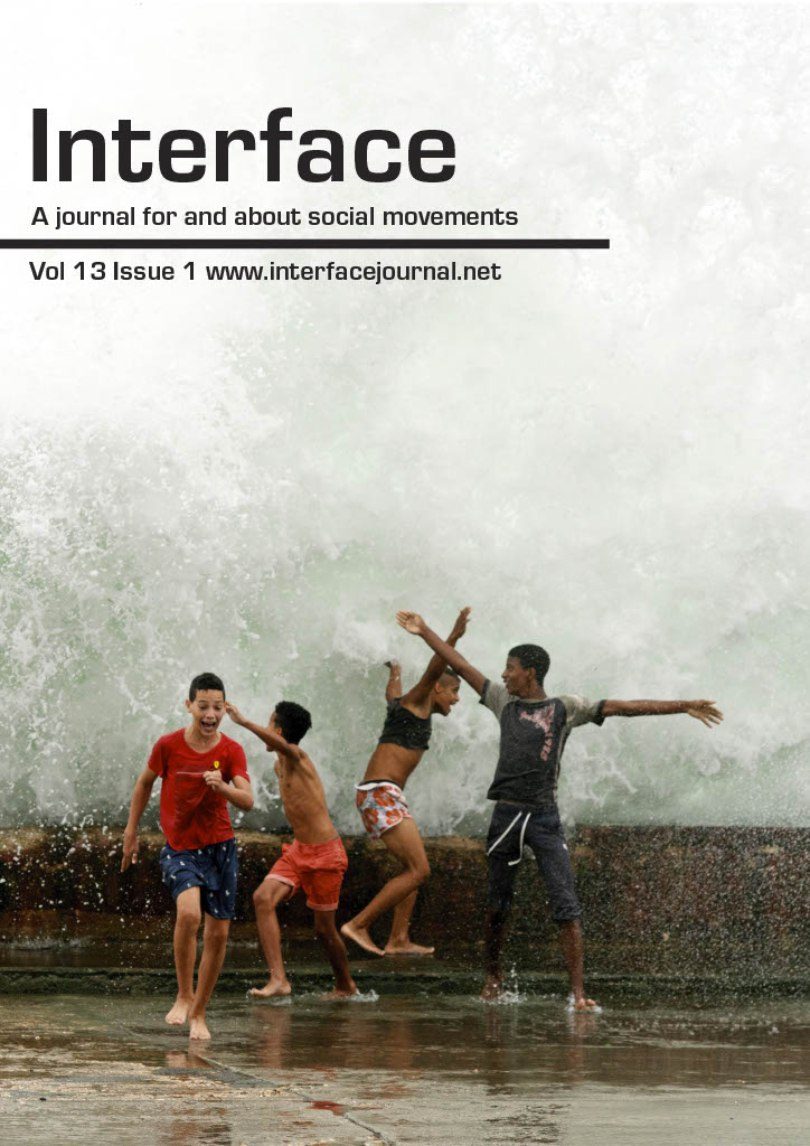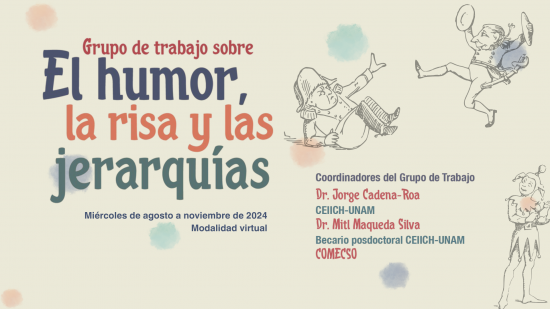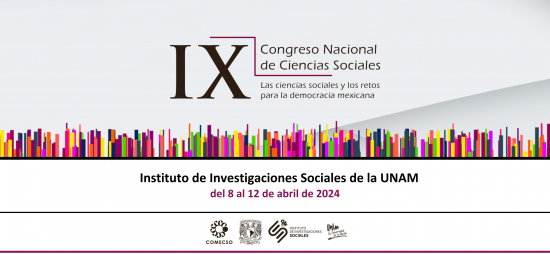Interface volume 13, issue 1
Editorial
Open issue
Laurence Cox, Sutapa Chattopadhyay
Like many of the movement projects we work with around the world, Interface is living in interesting times. The rise of new authoritarianisms, far-right movements and state and freelance repression of movement spaces and radical academic work create pressure on some of us individually and on the other projects we are involved in. The ongoing pandemic, the crisis of care it has highlighted and the sudden transformations of work particularly for the precarious have disrupted the time and energy of many activists and engaged researchers.
Many of our editors have had to put their engagement in the project on hold for the duration of the crisis as they struggle in solidarity with their own movements, with people immediately in need, with their students and colleagues and as they try to cope with the disruptions of their own lives. Others of us have not been able to do as much as we had hoped.
“And yet, it moves!” We are still here, starting to recover and with new editors beginning to join us, part of global movement struggles to resist crisis politics from above and the attempt to impose a “new normal” that reinscribes racism and patriarchy, capitalism and authoritarianism, climate death and cultural destruction on our planet.
Now, more than ever, movements “from below and on the left” around the planet need to be talking to and learning from each other, to find out what works and what doesn’t, and to make many worlds possible in place of the one devastation the Empire offers us.
In this issue
This issue’s 22 pieces (16 articles and 6 reviews) cover movements in Aoteoroa / New Zealand, Bangladesh, Brazil, Canada, Catalonia, Cyprus, Egypt, Germany, Greece, Ireland, Japan, Latin America, South Africa and the UK as well as several globally-focussed pieces.
Our opening article, Antje Daniels’ “Rhodes Must Fall”, executes a multi-layered de-colonial and intersectional movements’ analysis that follows racialized students protest against discrimination and demands to free education. This study is based on a historical analysis of South African universities, in particular Cape Town University. Intersectionality here is not perceived as a tool for understanding movements but as a movement tactic.
Hosna Shewly and Eva Gerharz fervently use a case analysis of an incident of brutal rape of a 37-year old woman in Noakhali, Bangladesh in the start, but moves on to sexualized violence of the hill tribes and minoritized populations to argue rape as a political tool in relation to patriarchy and toxic masculinity. The article further questions state inaction and elaborates on the mis-carriage of rape statistics. Against the backdrop of rape, histories of anti-colonial struggles to current (student and women’s) mobilizations and political consciousness around LGBTQI rights, gendered land reforms and deliberations to modify women’s socio-political and economic rights are analysed. This piece recalls Silvia Federici’s analysis of decriminalization of rape and commodification of gendered bodies, in Europe, at the advent of capitalism.
In the essay “peasant autonomy”, Peter M Rosset and Lia Pinheiro Barbosa argue relevancy and urgency of Indigenous and peasant autonomy in rural social movements. In the context of rural Latin America, they explore the meanings, context and historic specificity, functionality, multi-layered significance and use of the concept of autonomy in movements, in particular the Zapatistas and MST.
“The platform of people affected by mortgage (PAH), a transformation of power relations” by Matías G. Durán Quintanar documents the mechanisms of everyday day organizing processes, limits, and possibilities generated by housing movements to contest and amend housing policies.
Dorothea Schoppek and Mathias Krams’ article “Challenging Change” carefully articulates that debates and deliberations on climate crisis and climate justice movements have not been in suspension due to the attention received by the pandemic. The authors observe the disagreement between knowledge about social and ecological crisis and analogous transformative politics.
In “United We Stand: fostering cohesion in activist groups”, Liane Munro studies group cohesion as an important mechanism to foster group solidarity, group culture and group wellbeing. Mix method analysis is followed to comprehend cohesion skills, knowledge, practices and processes as cultivated by activists.
Meanwhile, Huw Morgan disucsses the weak organizational structure, poor tactics, lack of cohesive strengths and implementation dilemmas of the UK- based climate change collective Extinction Rebellion in Aoteaoroa, New Zealand.
Processes, actions and engagements of the civil society in negotiating anti- nuclear deal, in Aoteaora, New Zealand, formulates the central thesis of Pinar Temocin’s article “From Protest to Politics”. Peace and security stories are employed in narrating anti-nuclear policy discussions and a wide variety of movement tactics and strategies that are used by political actors and community activists. The analysis upholds a vibrant platform that combines and includes a resilient leadership and a responsive political environment.
Elaine McKimmons and Louise Caffrey, in “Discourse and Power in Ireland’s Repeal the 8th Movement”, attempt to understand the historical and context specificity and situatedness of social movements through an intersectional lens drawing from reproductive rights activism. The authors employ qualitative analysis to detail the pro-choice campaign towards the removal of Article 40.3.3 from the Irish constitution, highlighting social movement as a strategy to mobilize people, access to influence power and use it to drive the movement to success.
Dalilah Shemia-Goeke in “Resistance to Economic Reforms in Greece” examines non-violent social and labor movements that sparked in response to economic reforms and adjustments owing to the debt crisis. The analysis of civil resistance is the central them of this piece.
In our next article, collective action and collective identity is analysed in the context of the cutback of student housing as an austerity measure. The space of the analysis is the University of the Aegean, Greece. Besides studying the meanings and political significance of collective action, Marios Panierakis questions the notions of collective identity and demand drawing from field notes, semi-structured interviews and texts.
In another article on student-worker movement titled “The aesthetics of protest in the UCL Justice for Workers campaign”, Thomas Cury uses a critical geography and urban studies lens to proceed an analysis of University College London campaign that aims to stop outscoring of catering, cleaning and security workers. This case study examines precarity, space, aesthetics and left-wing melancholia.
The article by Antônio Augusto Braighi and Marco Túlio Câmara uses the importance of social media activism to analyse movement mobilization mechanisms. According to the authors, media functions, within militancy, invigorate the cause but does not determine it; thereby media activism is used to understand the positionality of an individual over institutions or collectives.
Christopher Robé analyses the new forms of digital media activism using archival and narrative methods to understand collective organizing, diverse revolutionary perspectives, and social transformations that erupted during the Egyptian revolution. The Mosireen collective directs attention to the privileged space that many media activists occupy in diasporic struggles in aligning themselves with working class movements using the sophisticated tools to raise global political consciousness through social media activism.
Using the theory of “counter-information”, James Ellison and Travis van Isacker examine two methods anti-border movements and migrant solidarity initiatives to communicate that counter mapping and counter evidencing can be used for militant research. This article establishes the freedom enjoyed by militant researchers in the production of movement knowledge that is highly critical, urgent and contested around militarization of borders, bureaucratic management of migration and the violence at borders.
Lastly Giorgos Charalambous’ interview with the Cyprus Movements Archive brilliantly upholds the practicalities, challenges and prospects of self-managing an online archive that stands as an exhaustive resource documenting radical movement in the island. The information generated is available in three languages through publications from the past without overlooking the present.
Book reviews
In this issue we have a wealth of reviews of new books about a wide range of social movement struggles.
Kei Takata reviews Amorphous Dissent: Post-Fukushima Social Movements in Japan, edited by Takashi Horie, Hikaru Tanaka and Kiyoto Tanno. Nandita Sharma’s Home Rule: National Sovereignty and the Separation of Natives and Migrants is reviewed by Elise Hjalmarson.
Rebecca Rose’s Before the Parade: A History of Halifax’s Gay, Lesbian and Bisexual Communities is reviewed by Lorax B. Horne. Alexander Dunlap reviews The Case for Degrowth by Giorgos Kallis, Susan Paulson, Giacomo d’Alisa and Federico Demaria.
Sakshi reviews Andreas Malm’s How to Blow Up a Pipeline: Learning to Fight in a World on Fire. Lastly William I. Robinson’s The Global Police State is reviewed by Dawn Paley.
Fundraiser for translations
Our next issue (November / December 2021) will be on the theme of “Rising up against institutional racism in the Americas and beyond”, with guest editor Layla Vincent-Brown and Interface editors Elisabet Rasch and Heike Schaumberg. We are running a fundraiser to support translations between English, Spanish and Portuguese so that a selection of the articles can appear in at least two of these languages.
As an open-access and non-indexed journal run by activist scholars on the basis of commitment, unlike commercial journals, we do not have any funds at our disposal, and this is where we ask you, the readers and supporters of open- access, multi-lingual and politically committed publications like Interface, or with an interest in supporting anti-racist movements, for help. The translation of key publications will facilitate the debate across cultural and socio-linguistic boundaries and enable a broader audience and engagement for our authors.
Our objective is, initially, to raise 2000 Euro before September 1 (2021) to cover translation fees of selected contributions from Spanish/Portugues into English, and vice versa. Your financial support will sponsor this important, multi-lingual multilogue! Any remaining funds from this collection will support similar efforts of this journal in future.
https://www.gofundme.com/f/support-a-multilingual-conversation-about-racism
Writing for Interface
A call for papers for future issues of Interface follows. Interface seeks to share learning between different social movement struggles and movements in different places and to develop dialogue between activist and academic understandings and between different political and intellectual traditions. That means we publish pieces by activist thinkers as well as academic researchers (and many people who are both), and in many different formats. If you’d like to write for us, please start by getting in touch with your local editors, whether your piece is an academic one or an activist one.
Interface doesn’t have a “line” – or rather, the line is that we want to hear from movement participants who are thinking about strategy, tactics, movement theory, history etc., and from researchers on movements who are committed to working with activists rather than for purely academic goals. It is movements “from below” – movements of the poor, the powerless and those at the bottom of cultural hierarchies – who most need this reflection. Conversely we are opposed to racism, fascism, casteism, and religious fundamentalism. This dialogue and audience should also shape writing for Interface.
Please, please don’t write us pieces aimed at convincing a general public to support your cause! Most of our readers are already very heavily engaged in their own movements: if you have a good piece for a general public, why not publish it somewhere that public will actually see it? Similarly, please don’t send us pieces which are all about the theoretical analysis of social structures, economics, culture, biopolitics or whatever. Again, Interface readers do get it: but what they are interested in is what people actually do to resist and / or change these structures, what happens when they resist and how they can struggle better. Lastly, some academic and political styles of writing are all about showing that you’re part of the in-group: using a vocabulary that people in other movements /traditions/disciplines can’t make sense of is fine if you’re writing for that kind of journal, but it isn’t Interface.
What do we want? Clearly-written pieces that don’t assume your readers know your country / movement / academic discipline / theoretical tradition but focus on what readers can learn from the movement you’re writing about, including from its mistakes, dilemmas, challenges and conflicts. Something you would find interesting and useful if you were reading it about a different movement, in a different country! Have a look at our past issues to get a better sense of who our readers and writers are – and try writing for them. Our guidelines for contributors and “About Interface” pages have more details.
Interface editorial changes and a call for volunteers
We salute to Interface past editor Aziz Choudry who died suddenly on May 26th.
The editorial spokescouncil’s tribute to Aziz follows separately.
In this issue Interface says farewell to our editors Ian Anderson, Irina Ceric and Alexander Waters. We want to thank them for all the work they’ve done over the years in developing the journal, keeping it going in hard times and making connections with activists and movement struggles. We have new editors joining us for Australia / New Zealand and Canada / US and look forward to welcoming them properly in our next issue.
Interface’s editorial collective for western Europe is looking for new editors to join Laurence Cox and Brecht de Smet. We handle articles sent in by people across a very wide range of social movements, academic disciplines, countries and languages, support new writers learning the craft, find reviewers when needed and take part in special issue projects from time to time as well as helping to run the journal as a whole.
Interface is an entirely voluntary project: we see this as an important political contribution to helping movements learn from each other and to developing dialogue between researchers and movements outside the constraints of conventional academic journals and career-building.
We’re looking for movement activists who are good with words and ideas: ideally scholar / activists who have time and enthusiasm to bring to this, but we’re also open to people outside academia altogether who have strong writing / editing / theoretical skills. We’re hoping to find people who complement the existing editors in terms of movement interests / involvement, languages / countries and disciplines / intellectual traditions (we don’t have to agree on everything!) We’re informal, comradely but also organised in how we work together.
If you’re interested, please email Laurence (laurence.cox@mu.ie) by September 15th with a few paragraphs about yourself and why you’d like to do this / how you see it fitting into what you want to do politically or intellectually. Do also please let us know how we can get the best sense of your work – a CV, a website link, a sample of your writing…
Thanks!
TABLE OF CONTENTS (individual links)
FULL ISSUE (10 MB pdf)
Te puede interesar

Publicaciones del COMECSO
comecso - Dic 04, 2024Este espacio reúne la gran mayoría de la producción editorial de nuestra asociación. A lo largo de casi cinco décadas,…
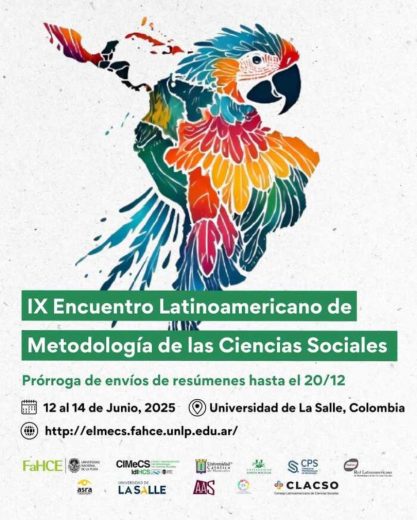
IX Encuentro Latinoamericano de Metodología de las Ciencias Sociales
Laura Gutiérrez - Dic 11, 2024IX Encuentro Latinoamericano de Metodología de las Ciencias Sociales Indisciplinar las ciencias sociales. Transformaciones y resistencias en las fronteras metodológicas…
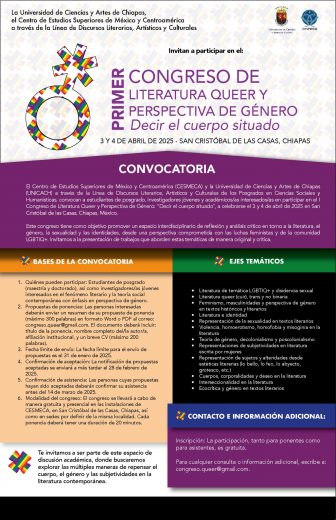
Primer Congreso de Literatura Queer y Perspectivas de Género: “Decir el cuerpo situado”
Laura Gutiérrez - Dic 11, 2024La Universidad de Ciencias y Artes de Chiapas, el Centro de Estudios Superiores de México y Centroamérica a través de…

Postdoctoral Research Fellowships
Laura Gutiérrez - Dic 11, 2024University of California Alianza MX Postdoctoral Research Fellowships 2025 Pilot Program Deadline: March 31, 2025 The University of California Alianza…
